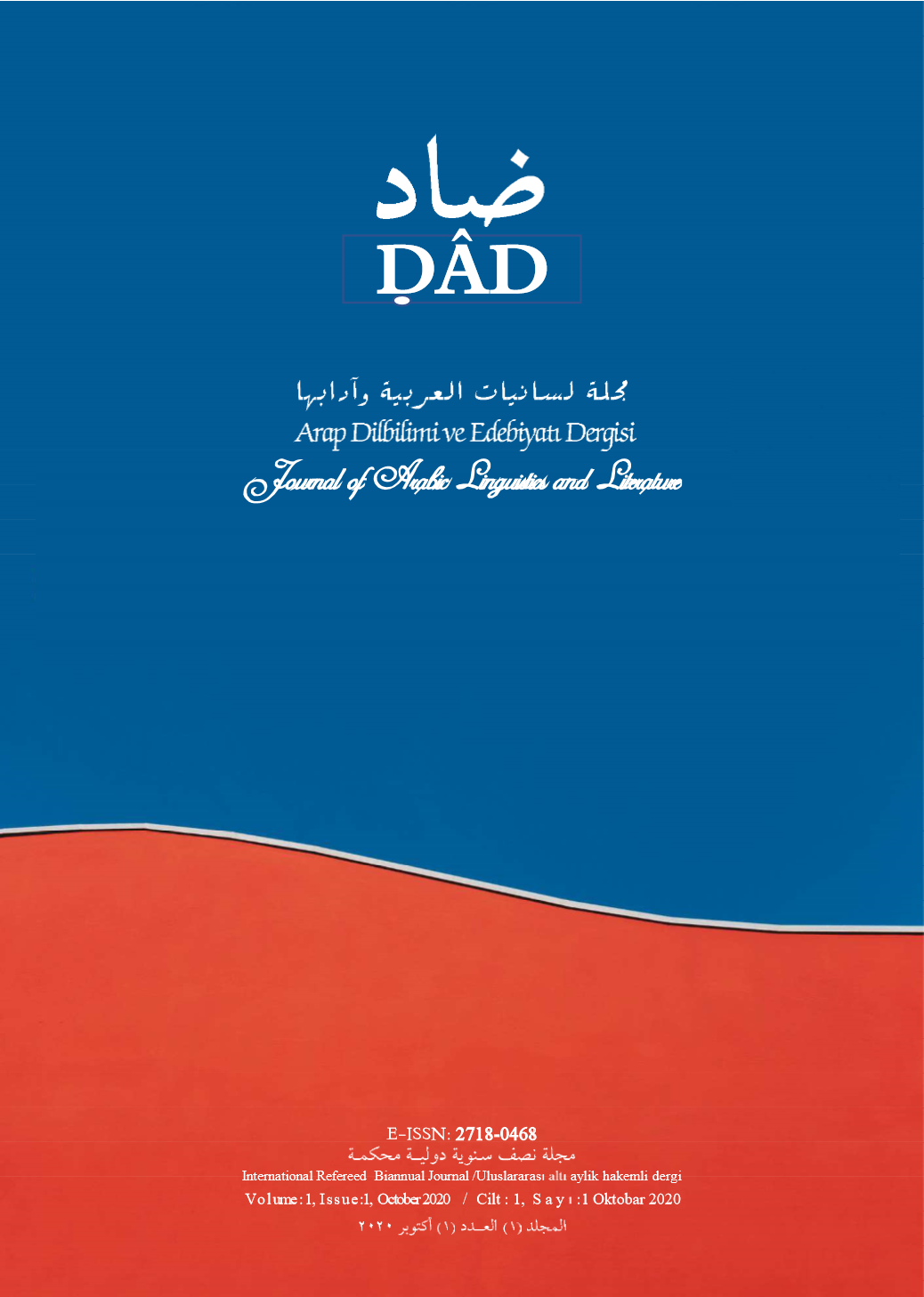
Arap Dilbilimi ve Edebiyatı Dergisi
Yazarlar: ["Mahmoud Azaz"]
Konular:-
Anahtar Kelimeler:-
Özet: Interface properties have been found to exhibit protracted instability in advanced bilingualism and L2 learning (Sorace, 2000, 2005; Sorace & Filiaci, 2006). This study examines the role of learning context in modulating this instability in an interface property, namely the interpretation of definite plurals in L2 Arabic. Generic readings in English preverbal positions are expressed with bare plurals, which are ungrammatical in Arabic. Performances of two advanced English-speaking learners of Arabic in two learning contexts are compared: formal language instruction in an at-home (AH) setting and an extended study abroad (SA) setting. Results of two elicited production tasks reveal that whereas the advanced-AH group fluctuated between bare plurals (arguably transferred from L1) and definite plurals, the advanced-SA group opted for definite plurals. These results confirm Sorace’s (2011) claim that protracted instability is real in interface properties in advanced bilingualism. They further suggest that input conditions and learning context play a crucial role in overcoming this instability. Active contact with the L2, which is characteristic of extended SA settings, is suggested to stabilize L2 forms and preempt competing L1 forms in interface properties.